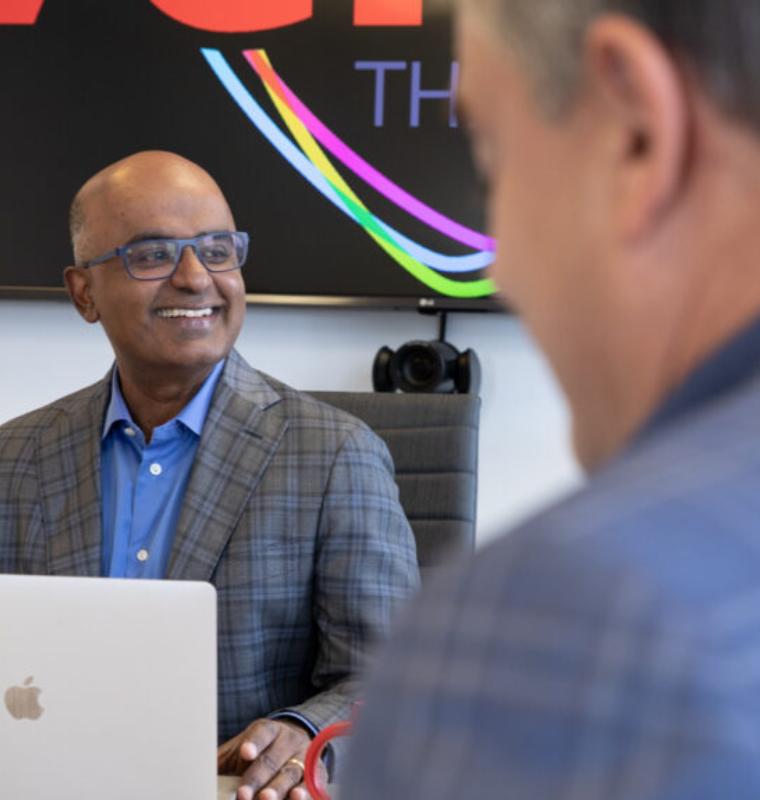DBS CEO Warns Investors to Brace for Market Turbulence Amid Soaring U.S. Valuations
DBS CEO Warns Investors to Brace for Market Turbulence Amid Soaring U.S. Valuations
By
Calder Monroe
Last updated:
November 10, 2025
First Published:
November 30, 2025

Market Volatility Ahead
Investors should prepare for continued turbulence, according to Tan Su Shan, CEO of DBS, Southeast Asia’s largest bank. With U.S. stock valuations, particularly in high-flying tech shares, reaching historic highs, Tan warned that market swings could persist across equities, interest rates, and foreign exchange.
“Markets have been volatile across the board, and we expect that to continue,” Tan said, noting that concentrated investments in the so-called “Magnificent Seven” tech giants—Amazon, Alphabet, Meta, Apple, Microsoft, Nvidia, and Tesla—pose a particular risk.
Concentration in U.S. Tech Stocks
Tan highlighted that trillions of dollars are tied up in just a handful of companies, raising concerns about potential corrections. Analysts at recent financial forums, including the Global Financial Leaders’ Investment Summit in Hong Kong, projected possible 10%–20% drawdowns over the next 12 to 24 months.
She added, “A correction is not a crisis—it’s healthy. It recalibrates the market.” Recent examples include Advanced Micro Devices and Palantir, which reported stronger-than-expected quarterly earnings, yet their shares and the broader Nasdaq still experienced declines.
Aligning with Global Caution
Tan’s warnings echo messages from global financial authorities, including the International Monetary Fund and central bank leaders such as Jerome Powell and Andrew Bailey, all of whom have flagged the risks of overvalued stock markets.
Investors are increasingly urged to consider diversification strategies rather than concentrating assets in one market or sector.
Singapore as a Diversification Hub
Tan positioned Singapore as a reliable alternative for global investors seeking stability. The city-state offers strong governance, transparent financial regulations, political stability, and a robust central bank.
“Singapore is a diversifier market,” she said. “Whether it’s in your portfolio, your supply chain, or your demand distribution, diversification matters. With our open financial system and rule of law, we are an attractive destination for investment.”
Tan’s comments reflect her broader strategy since taking over as CEO in March, emphasizing that Southeast Asia could attract significant U.S. capital, particularly as investors seek alternatives to overconcentrated U.S. tech markets.
Popular articles
Subscribe to unlock premium content
AI-Curated Luxury Shopping Experiences Transform the Market

Luxury Smart Vehicle Accessories Create a $250 Million Niche Market

Bespoke AI Fitness Experiences Redefine Personal Training

AI-Curated Luxury Shopping Experiences Transform the Market

Luxury Smart Vehicle Accessories Create a $250 Million Niche Market

AI-Curated Luxury Shopping Experiences Transform the Market









